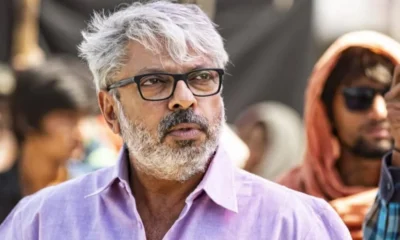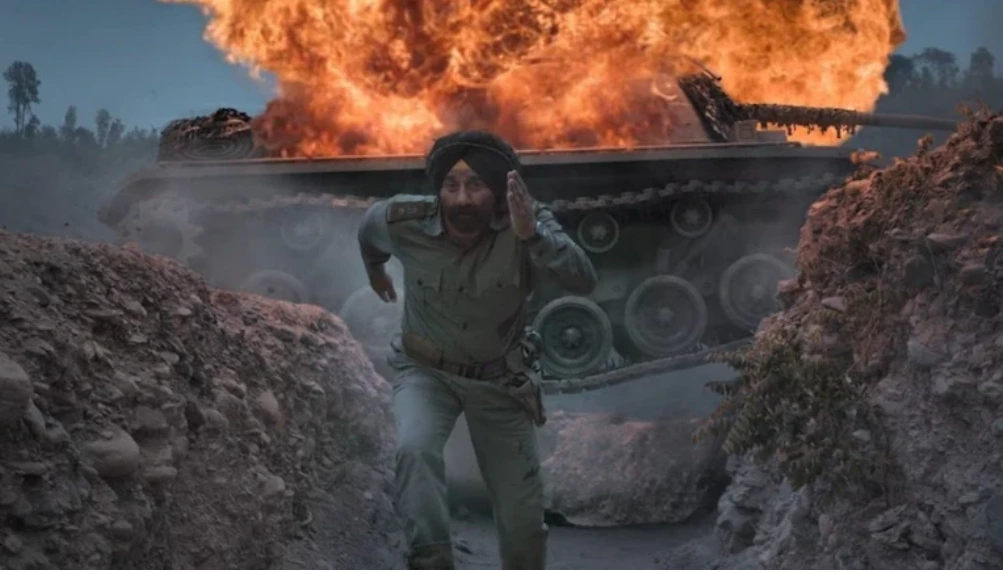Entertainment
Aamir Khan cries while talking about his father Tahir Hussain’s financial woes
Aamir became so emotional while narrating these stories from the past that he had to leave the interview for a while.

Entertainment
Border 2 box office collection day 12 crosses Rs 286 crore, eyes Rs 300 crore milestone
Border 2 box office collection reaches Rs 286.75 crore after 12 days, putting the Sunny Deol-led film close to the Rs 300 crore milestone.
Entertainment
Why Dhurandhar on Netflix runs shorter than its original theatrical cut
Dhurandhar’s Netflix release sparked confusion over its shorter runtime. The difference is linked to muted dialogue and an updated theatrical cut.
Entertainment
Border 2 box office collection day 1 crosses Rs 30 crore
Border 2 opens to Rs 30 crore on day one, becoming the biggest opener for Varun Dhawan, Ahan Shetty and Diljit Dosanjh.
-

 India News24 hours ago
India News24 hours agoAs stealth reshapes air combat, India weighs induction of Sukhoi Su-57 jets
-

 Cricket news24 hours ago
Cricket news24 hours agoRinku Singh returns home from T20 World Cup camp due to family emergency
-

 India News23 hours ago
India News23 hours agoTamil Nadu potboiler: Now, Sasikala to launch new party ahead of election
-

 Latest world news10 hours ago
Latest world news10 hours agoTrump says tariffs will replace income tax, criticises Supreme Court setback in key address
-

 Latest world news11 hours ago
Latest world news11 hours agoTrump repeats claim of averting India-Pakistan nuclear war during Operation Sindoor
-

 Latest world news10 hours ago
Latest world news10 hours agoPM Modi to begin two-day Israel visit, defence and trade in focus
-

 India News10 hours ago
India News10 hours agoShashi Tharoor questions Centre over Kerala name change to Keralam
-

 India News1 hour ago
India News1 hour agoMK Stalin predicts frequent PM Modi visits to Tamil Nadu before assembly election
















